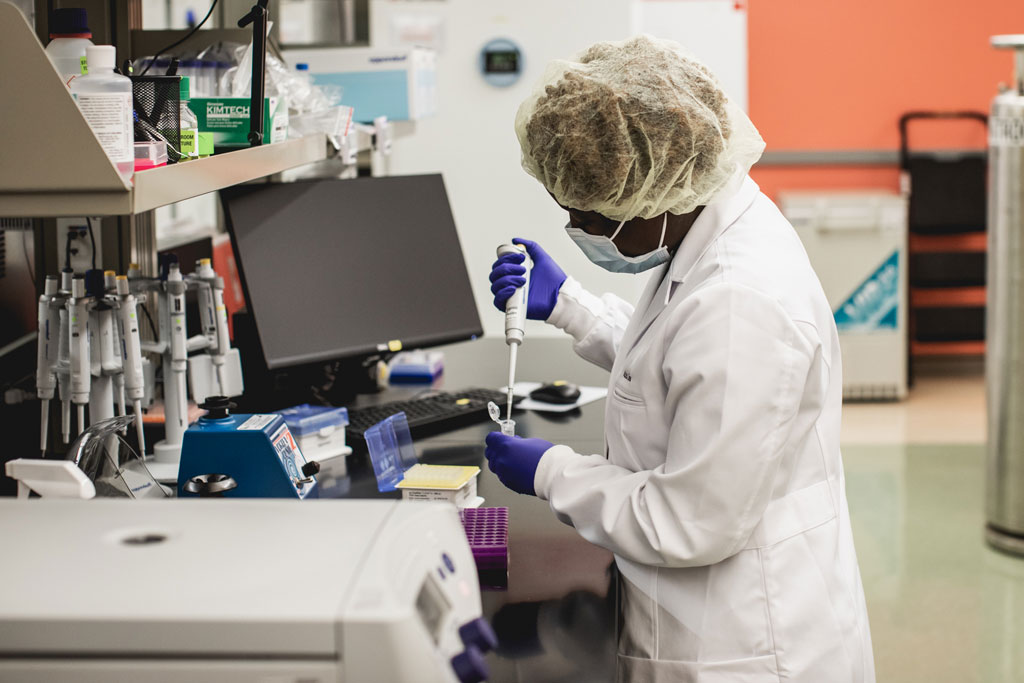The Science
Advancing IVF technology for successful pregnancies through unparalleled research and collaborations to improve the standards in the quality of testing and patient outcomes.


The Embryo Health Study is for individuals who are including preimplantation genetic testing for aneuploidy (PGT-A) as part of their IVF plan. Through this study, individuals may elect to obtain additional information about the chances for certain common conditions such as type 1 diabetes, breast cancer and coronary artery disease in their embryos. This information may be used to help decide which embryo to select for transfer. The goal of this study is to learn how this information may be used by patients and clinicians.
The GETSET study is for individuals between the ages of 35-40 undergoing IVF who wish to utilize PGTA (preimplantation genetic testing for aneuploidies) as part of their treatment. Participating individuals will undergo a single embryo transfer once randomized to a treatment or control group. The purpose of this study is to evaluate IVF cycle outcomes with and without utilization of PGTA. The data collected will benefit those undergoing IVF in the future.
The M2 clinical trial is for IVF patients who may have experienced recurrent pregnancy loss. Through this study, couples are eligible for free M2 Testing to obtain additional information about their carrier status for the M2 haplotype, a genetic variant that has been linked to placental mediated pregnancy complications and miscarriage. This information will help patients decide the best course of treatment. Carrier couples may elect for treatment with low molecular weight heparin (LMWH), alternatively complete PGT testing for the M2 haplotype on their embryos and select an embryo that is not a carrier for this mutation or may elect to take no further action. The goal of this study is to determine the impact of PGT testing for M2 in couples with specific medical histories.
